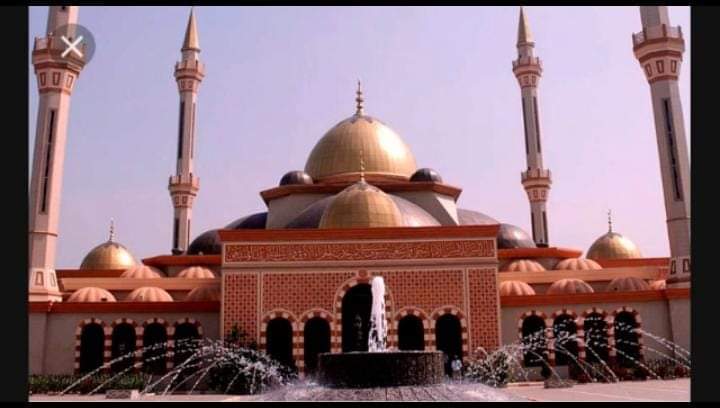National Issues
Irredentism of Ilorin Emirate -By Olokooba Abdulwasiu

Ilorin is a confluence city peopled by Yoruba, Hausa, Nupe, Baruba and Kanuri tribes from across Nigeria. From history, the city laid its first stone in 1450. It was founded by Yoruba speaking people and became a provincial military headquarter of the ancient Oyo empire.
As an offshoot of political scores, Oyo’s commander at Ilorin, Kakanfo (Field Marshal) Afonja, led a rebellion in 1817 that destroyed the unity of the Oyo kingdom. In his mission, Afonja was helped by Mallam Alimi(a Fulani man from Sokoto), by Fulani warriors and slaves, and by Hausa slaves to strengthen his military squadron against Alaafin of Oyo. And it was owing to the alliance formed by Afonja and the Hausa-Fulani that brought the increasing numbers of Hausa-Fulani dwellers in Ilorin; they were visitors that could no longer be separated from the landlords.
For some time, Afonja had a cosy liaison with his allies and allowed them to propagate and teach Islam in Ilorin. But not too long, a virulent fuss ensued between the parties which ultimately led to the assassination of Afonja in 1824.
After the demise of Afonja, Alimi’s son, Abdulsalam became the first ‘Emir of Ilorin’ and pledged allegiance to Sokoto Caliphate in 1829. That is irredentism: bringing a Yoruba owned province under the regulation of Sokoto Caliphate controlled by Hausa-Fulani.
During Abdulsalam’s reign, Ilorin conquered many towns in Yorubaland and destroyed the then Oyo Capital, Oyo-Ile. Ilorin continued to expand southward until it was checked in the 1830s by the growing power of Ibadan, an Oyo successor state. Abdul-Salam conducted a jihad toward the sea and was only stopped by the Ibadan victory over his cavalrymen at Oshogbo in 1840.
Because of Ilorin’s unique background, it has a kingmaking tradition that is a blend of traditions taken from both Yoruba and Hausa-Fulani. Whenever the throne of the emirate (which is vested in the Fulani descendants of Shehu Alimi) is empty, the delegate of each quarter in the Emirate namely; the Balogun Gambari (Hausa), the Balogun Ajikobi (Yoruba), the Balogun Fulani (Fulani) and the Balogun Alanamu (Yoruba) – along with the head of the Afonja chieftaincy family, the Mogaji Aare, and his sub-chief called the Baba Isale of Ilorin – come together to elect and install a new emir which will be subjected to the approval of the ruling governor of Kwara State.
The longest reigning of the four Baloguns is conferred with the ‘Balogun Agba’ title, which makes him the second in command to the Emir of Ilorin. All of the Baloguns have districts which they administer on the emir’s behalf. There are also traditional chiefs that are each known as Daudu (or District Head). They serve as lieutenants representing the emir in towns across the Ilorin Emirate such as Afon, Bode Saadu, Ipaye and Malete, among others.
So, people calling person like Prof. Agboola Gambari a Fulani man from Ilorin shouldn’t be vilified. Ilorin irredenta has made it practically impossible to separate a Yoruba man from Fulanis, an Hausa boy from Nupes, and a Kanuri lady from Baruba. Even I, too, am not incredibly sure of my lineage ‘faa’. Maybe it’s Yoruba or Hausa-Fulani. A part told me my forefathers migrated from a townlet in the present Oyo State, while another revealed that my ancestors came from far North, Kastina State. Which one should I claim?


















